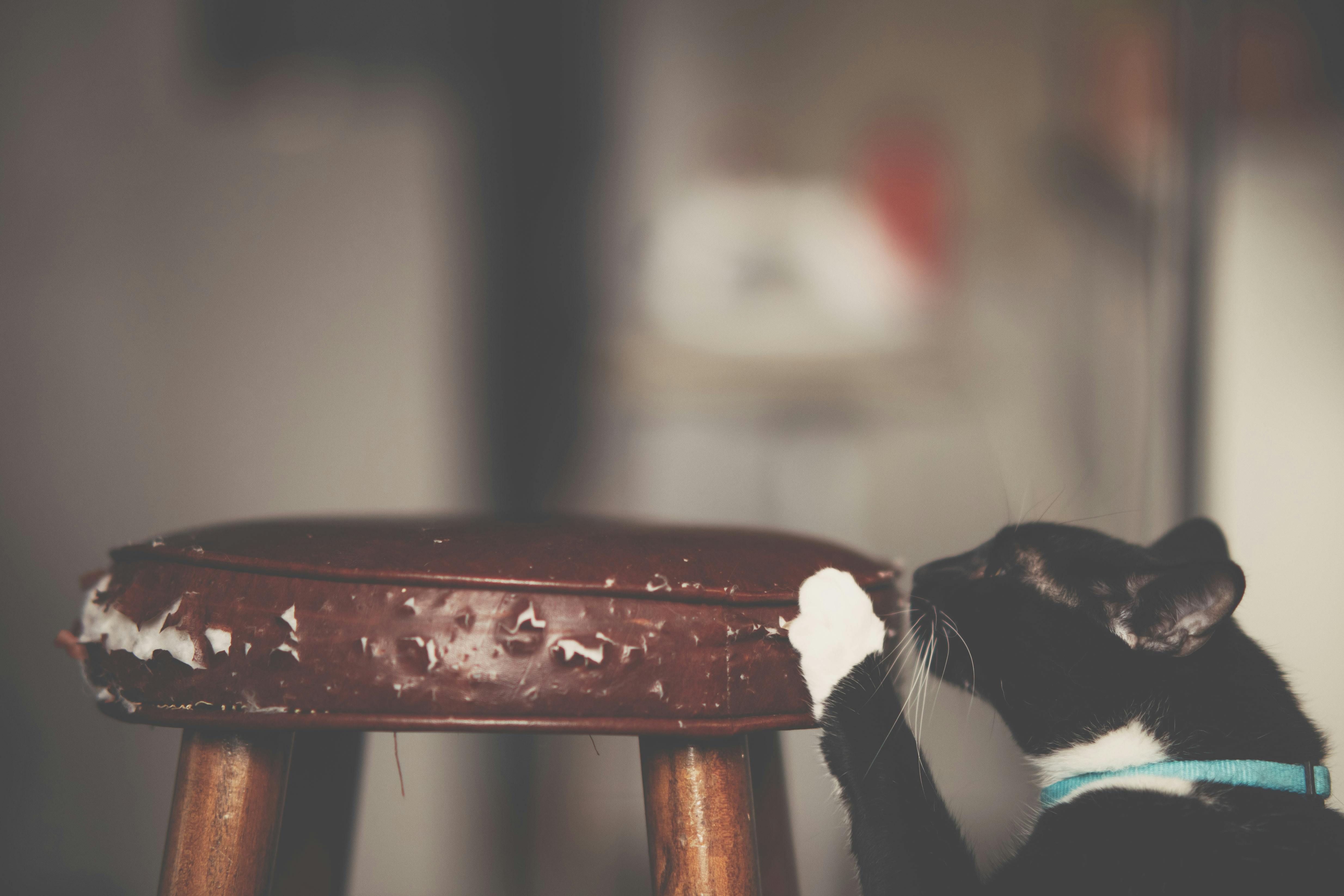By: Ellie Zhang 1
One enraging characteristic of a cat is destroying your most prized pieces of furniture. Cat owners most likely have marks or loose material on their sofa, carpet, or bed. It is a natural act for cats to file their claws, but many do not settle with damaged furniture. How can we prevent this?
A recent study conducted in France answers this question.
Dr. Yasemin Salgirli Demirbas, a veterinary researcher in Ankara University, brought together a team of international experts to France for an experiment.
The experiment included more than 1200 cat owners; the researchers asked them about their cat’s characteristics and environment, along with their scratching behavior.
Yasemin and her expert team found a link between the cats’ environment, personality, and scratching habits.
“Here we show that certain factors – such as the presence of children at home, personality traits of cats, and their activity levels – significantly impact the extent of scratching behavior,” said Yasemin on Earth.com.
“Our findings can help caregivers manage and redirect scratching to appropriate materials, which could help foster a more harmonious living environment for both cats and their caregivers.”
Researchers also state that stress is another key factor to scratching. During the experiment, the team found that the presence of children increases stress levels for cats and results in clawing. However, the link between the two isn’t fully understandable for researchers, and more research is needed.
Whether cats are in a children’s environment or not, scratching posts are a solution. Placing them in the wrong area can be a factor for them to not use it, continue to scratch furniture, or both. Preferred spots are where cats can frequently walk by or near their resting spot.
Cats also prefer to be in high areas, so they can see what is happening in their surroundings without being spotted, and safe hiding spots where they can hide or pounce from. Those give lots of opportunities for short-play, also strengthening their hunting skills, which can help fight stress levels and prevent furniture-clawing.
“Understanding the underlying emotional motivations of scratching behavior, such as frustration, which seem to be linked to personality traits and environmental factors, allows caregivers to address these issues directly,” said Dr Salgirli on BBC.
Cats who are not under stress or pressure are a key to a happier and scratch-free home, hopefully enhancing the bond between them and their caregivers.
Sources:
https://www.bbc.co.uk/newsround/articles/c3g6ey2d85eo
https://www.earth.com/news/scientists-learn-how-to-stop-cats-from-scratching-the-furniture/
Image Credit by Craig Adderley











